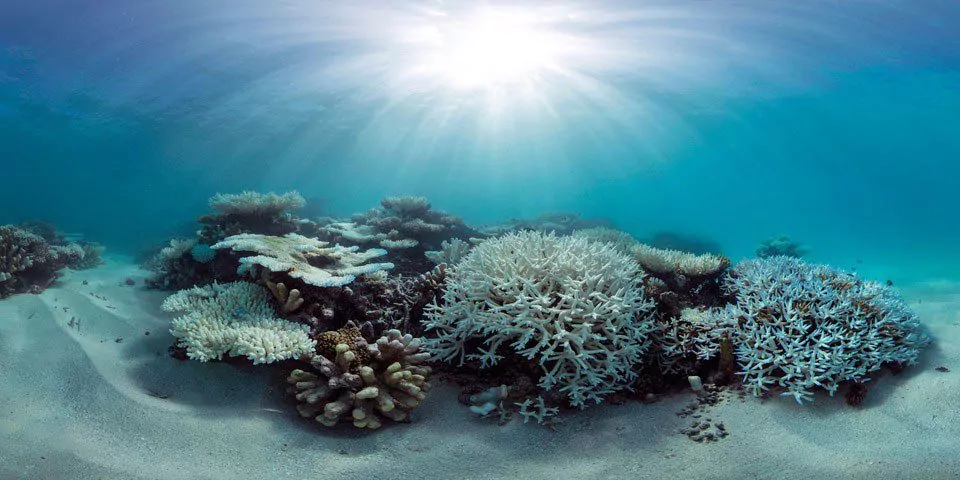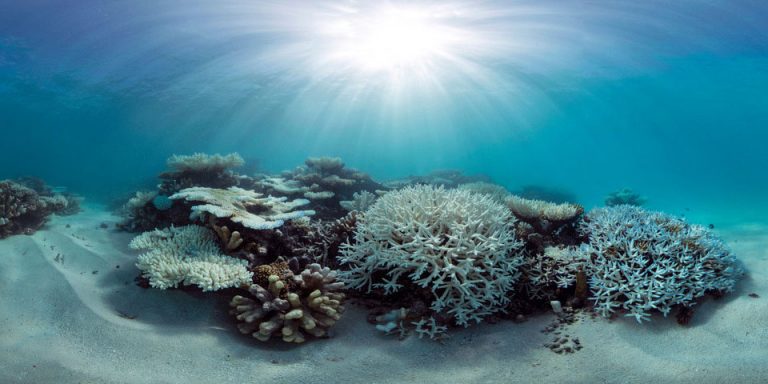Divers concerned that the general public fails to recognise the scale of human threats to the oceans might be under-estimating current levels of concern.

It seems that the majority of the public not only recognises the threats but also widely supports counter-measures being taken in their parts of the world, according to a new study published in Ocean and Coastal Management.
In what is believed to be a first, an international team of researchers reviewed public-perception surveys of marine issues that reached more than 32,000 people in 21 countries, and found that 70% of respondents believed that the marine environment was threatened by human activities, with 45% believing the threat levels to be high or very high.
Respondents identified pollution, followed by fishing, habitat alteration, climate change and biodiversity loss in that order as the main challenges.
Scientific assessments have generally ranked fishing and habitat loss as the greatest threats to marine environments in the past, so the public’s emphasis on pollution does represent a divergence, according to University of California San Diego, a participant in the study.
Pollution ranked as a top threat across all the countries in the study but there were regional differences, such as fishing being regarded as the prime threat in North America and New Zealand, while habitat loss and climate change ranked higher in Europe.
The study found that 73% of the public supported the establishment of Marine Protected Areas (MPAs) in which restrictions were placed on fishing, habitat alteration and mining/extraction to protect the eco-systems, although understanding of the nature of MPA restrictions varied widely.
“There’s a lot of scientific thought put into ocean conservation around the world, but there’s much less information out there on what people actually think about the ocean and some of the protection measures,” said co-author Jennifer O’Leary from California Polytechnic State University.
“This is important because any time we’re introducing protection measures, we’re asking people to change their behaviour. And we know from behavioural research that focusing on what people already think is important and can make changes easier for people to accept.”
Professor Heike Lotze of Dalhousie University in Canada, who led the study, expressed surprise that most people over-estimated the proportion of the oceans already being protected, which tended to give them an over-optimistic view of ocean conservation and management.
“However, most people still wanted to see much more ocean area protected than currently is,” she said.
Divernet – The Biggest Online Resource for Scuba Divers
26-Feb-18

